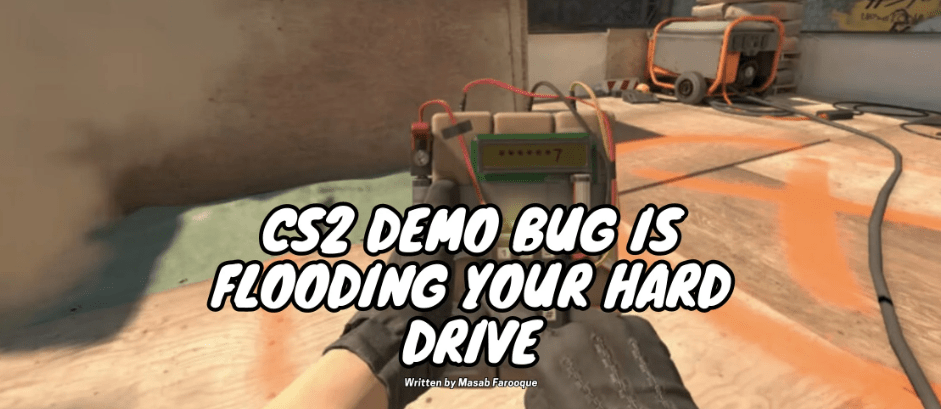BDP Engbu Insights
Your go-to source for the latest news and insights.
cs2 demo reviews: Why Opinions Change Faster Than You Think
Discover why CS2 demo reviews shift rapidly and what it means for gamers. Uncover surprising insights and join the conversation now!
The Evolution of CS2: How Early Impressions Shift Over Time
The release of CS2 (Counter-Strike 2) has marked a significant turning point in the evolution of the franchise, with early impressions from players and critics often revealing a complex landscape of expectations and realities. Initially, the beta testing phase created a buzz among the dedicated community, as gamers eagerly explored the changes and enhancements made to the beloved first-person shooter. However, many early reviews highlighted concerns regarding optimization and gameplay mechanics, leading to a mixed reception that showcased the difficulties inherent in transitioning from a well-established title like Counter-Strike: Global Offensive.
As time progressed and updates rolled out, the prevailing sentiment surrounding CS2 began to shift. Developers listened to feedback and implemented numerous patches and quality-of-life improvements, which gradually won over skeptics and strengthened the player base. The evolution of players' perspectives showcased how first impressions can be deceptive, often giving way to a deeper appreciation as a game matures. Consequently, enthusiasts now reflect on the initial worries as part of a larger narrative of growth, emphasizing the importance of community engagement in shaping the future of CS2.

Counter-Strike is a highly popular first-person shooter game that has captivated gamers worldwide. Players engage in team-based combat, executing strategies to outsmart their opponents. A notable aspect of the game is the variety of weapons available, including those with unique designs such as mp9 skins that allow players to personalize their experience.
Understanding the Psychology Behind Changing Opinions in CS2 Demos
Understanding the psychology behind changing opinions in CS2 demos is crucial for developers and marketers alike. Players often form initial impressions based on their experiences and expectations. These opinions are influenced by various factors including gameplay mechanics, graphics quality, and community feedback. A well-structured demo can exploit these psychological triggers by creating a strong emotional connection with the players. For instance, if a demo highlights a unique gameplay feature that resonates with players, it can significantly shift their perception from skepticism to excitement.
Moreover, social proof plays a vital role in changing opinions. When players see positive feedback from peers or influencers regarding CS2 demos, they are more likely to reassess their initial thoughts. Incorporating testimonials or player reviews in promotional strategies can enhance credibility and lead to a positive shift in opinions. Additionally, utilizing a persuasive narrative in the demo's storytelling can engage players emotionally and intellectually, making them more receptive to embracing the changes presented in the game.
What Factors Influence Players' Perceptions of CS2?
Several factors significantly influence players' perceptions of CS2, with community interactions playing a pivotal role. Firstly, the game's graphics and overall aesthetic have a major impact; players tend to develop a stronger affinity towards visually appealing environments. Additionally, the game mechanics and balance of weapons can shape user experience. For instance, if players consistently encounter issues like weapon imbalances or bugs, their perception of the game’s quality diminishes, leading to dissatisfaction. Moreover, community feedback often shapes updates and patches, making player input a critical factor in determining overall sentiment.
Another significant aspect is the competitive scene surrounding CS2. The presence of pro players and well-organized tournaments not only raises the game's profile but also impacts how casual players perceive its viability as a competitive platform. Players often look to influencers and streamers, whose engagement with the game can either enhance or diminish its status based on their experiences and reviews. Furthermore, the development team's responsiveness to player concerns reflects their commitment to the community, which can greatly influence public opinion and foster long-term loyalty to the game.